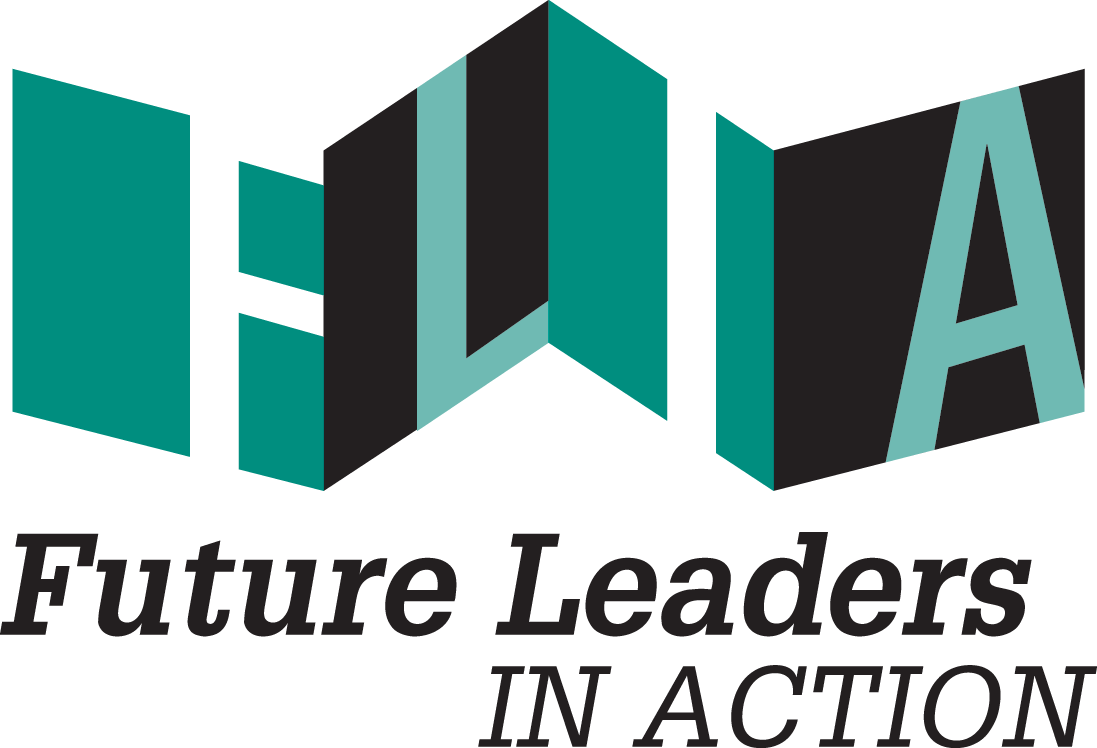Before the fellowship begins, FLIA fellows identify and define our core values at the retreat. Instead of focusing on things we value—like career or family—we look instead at the concepts that motivate, inspire, and guide us - including, for example, connection, justice, athleticism, faith, or truth. Identifying and living by these values has literally and figuratively guided my work this summer. Here, I’ll touch on how three have been a part of my life.
Resiliency
Resiliency is the ability to rebound from adversity. Fostering resiliency in youth is a central to healthy development and is a process developed over time. Studies relevant to the work of FLIA fellows on active skill-building, and especially for the work of my fellowship at Big Brothers Big Sisters, show that one meaningful relationship in a child’s life can strengthen resilience and help them be successful in the future. This can be with a parent, teacher, or with any nurturing, consistently present adult.
Cultivating resilience is something we do inherently at Big Brothers Big Sisters of Central Iowa. We do this through organizational core values of quality, relationships, integrity, collaboration, and safety. We foster quality relationships, which involve collaboration between the agency, Bigs, parents, schools, area nonprofits, and other partners. We expect our Bigs to show integrity; Littles deserve consistency and open communication. In our Workplace Mentoring Program curriculum, I’ve incorporated sessions aimed directly at developing resiliency where Littles help each other address barriers to achieving their goals.
Matches at BBBSCI are an average of 2.5 years; some matches last 10+ years and last through the Little’s high school graduation
Empathy
If supportive relationships are necessary to foster resiliency, what constitutes support? As reported by teens in one study, supportive relationships involve encouraging open discussion and creativity, which promotes empowerment, independence, and empathy. Additionally, when a group of adults with a history of recurring mental health issues were asked what was essential to reconnecting with their life, or what strategies they employed for emotional wellness, many reported interacting with empathetic individuals, and when looking back at their childhood, revealed a lack of adult empathetic connection and therefore an unmet need for empathetic encouragement.
Simple and effective activities can develop help kids develop empathy, some of which I’ve incorporated into Workplace Mentoring. One involves anonymously writing down the “highs and lows” of the past time between sessions on slips of paper, switching up slips, and asking how Littles would feel in their peers’ situations. While important for developing resiliency and emotional development, empathy has also been shown to be a powerful, necessary tool in the workforce and in leadership.
Wonder
Wonder, or a sense of awe we experience in mental or physical presence of something beyond ourselves or our understanding, is not a value commonly associated with the workplace. Wonder is associated with nature, art, and religion, but how else is wonder in our lives? Those working together in the social sector, perhaps, have experienced wonder, when young children comfort one another or teen band together to work towards social justice. This could be described as kids “acting beyond their years,” but a perspective shift illuminates kids in these acts as being their authentic, human selves.
Mentoring connects Bigs to child-like wonder
We should work to incorporate wonder into our everyday life. There are implications that experiencing wonder promotes kindness, altruism, and forgiving, magnanimous behavior. Essentially, it forces us to see the self as a part of a complex and diverse world and not as the center of it. Facilitating activities outside and using volunteerism as a learning tool will foster wonder in Workplace Mentoring Littles.
Involving our values in the workplace doesn’t make things too personal; instead, it promotes authentic and meaningful work. I’m grateful to have had the chance to promote and experience mine this summer with FLIA.




